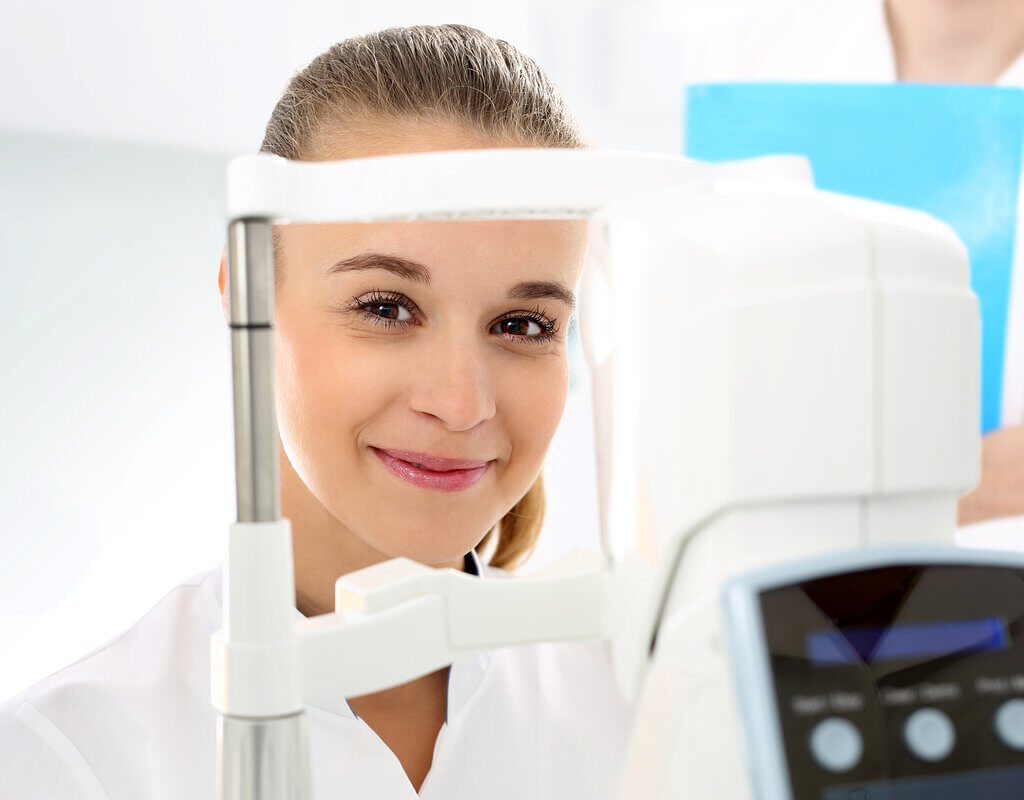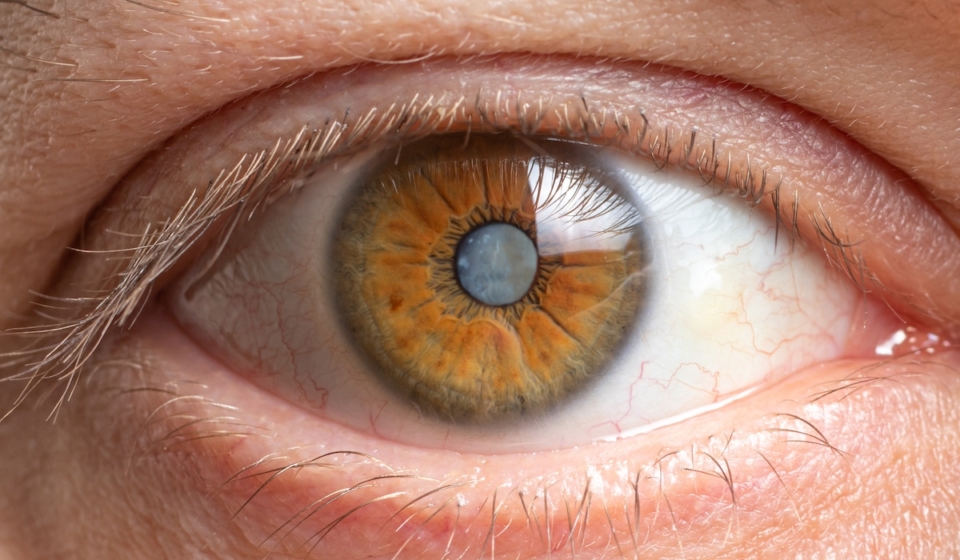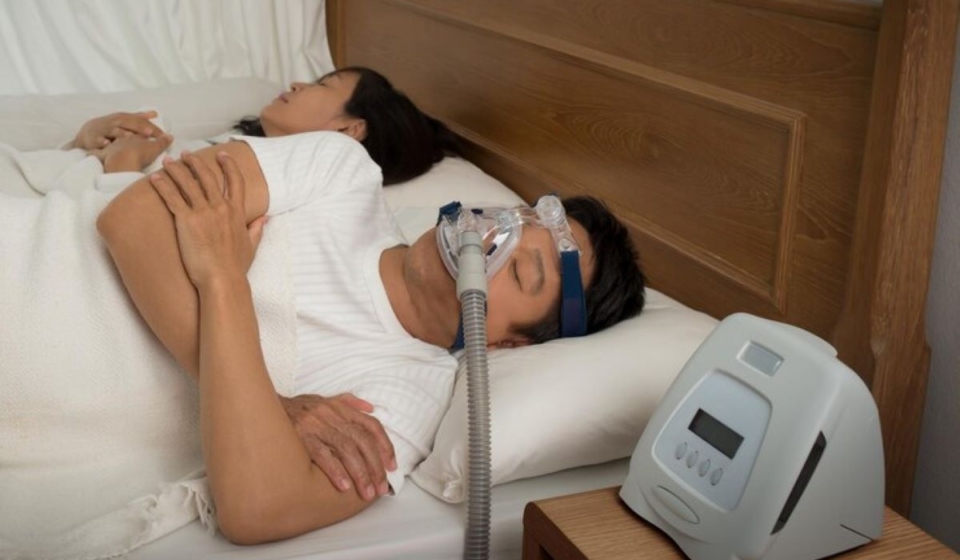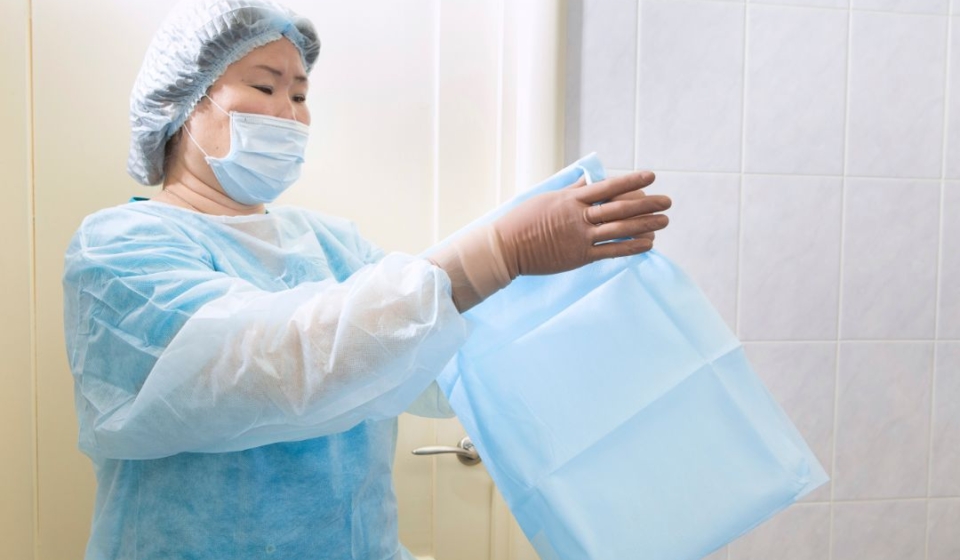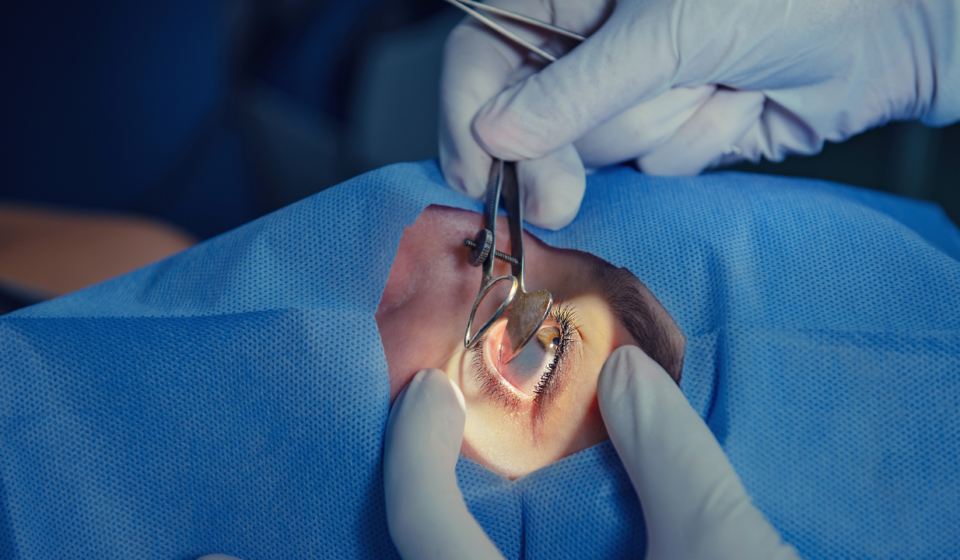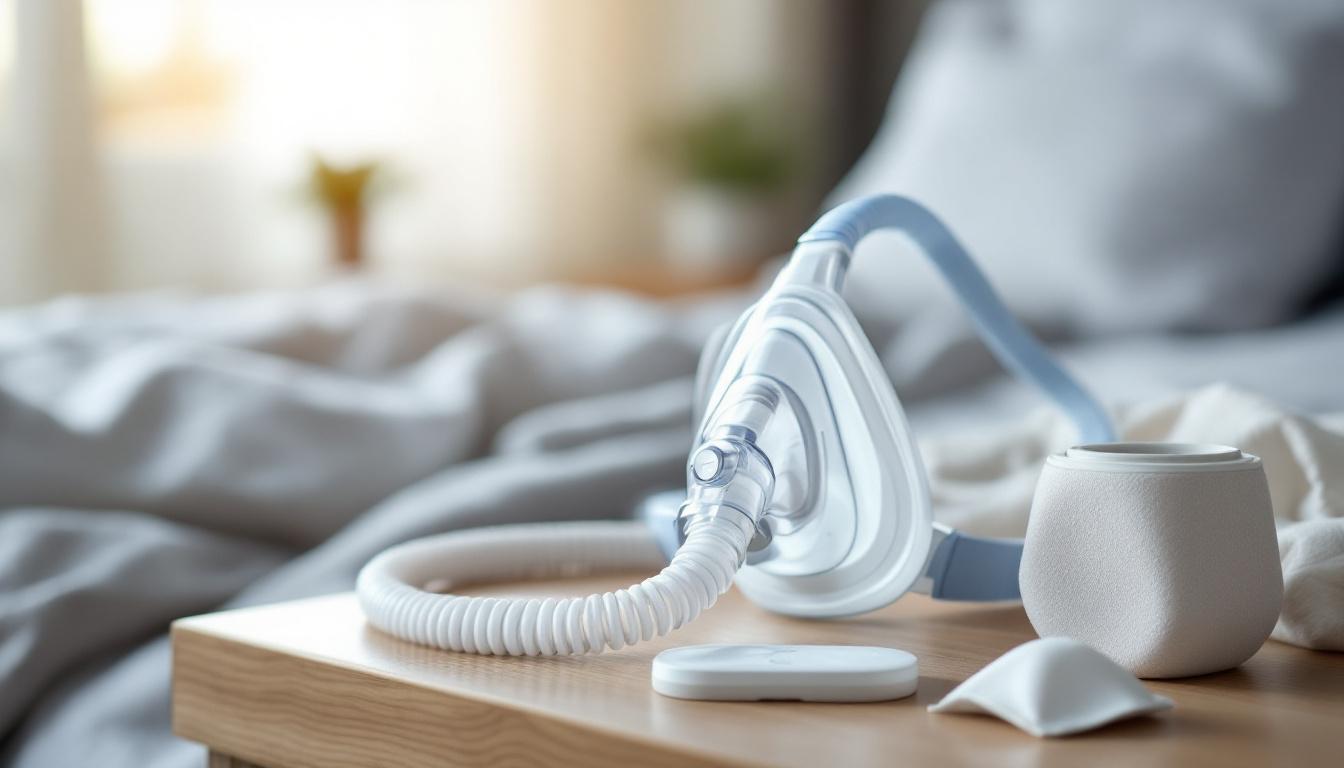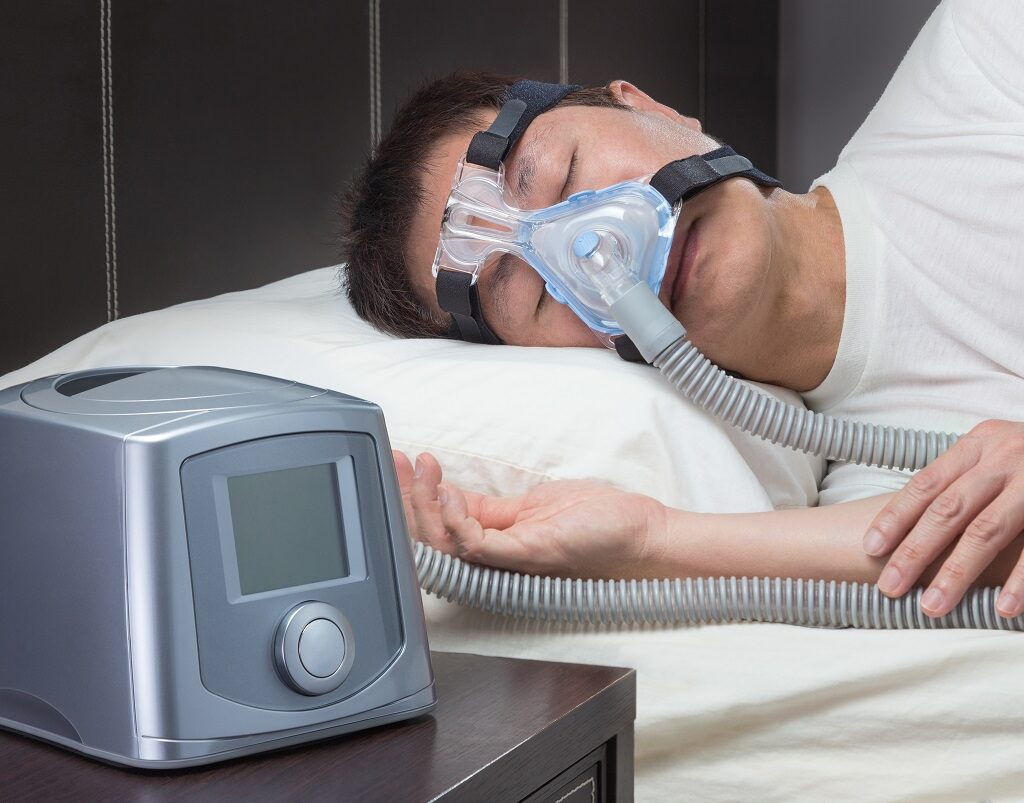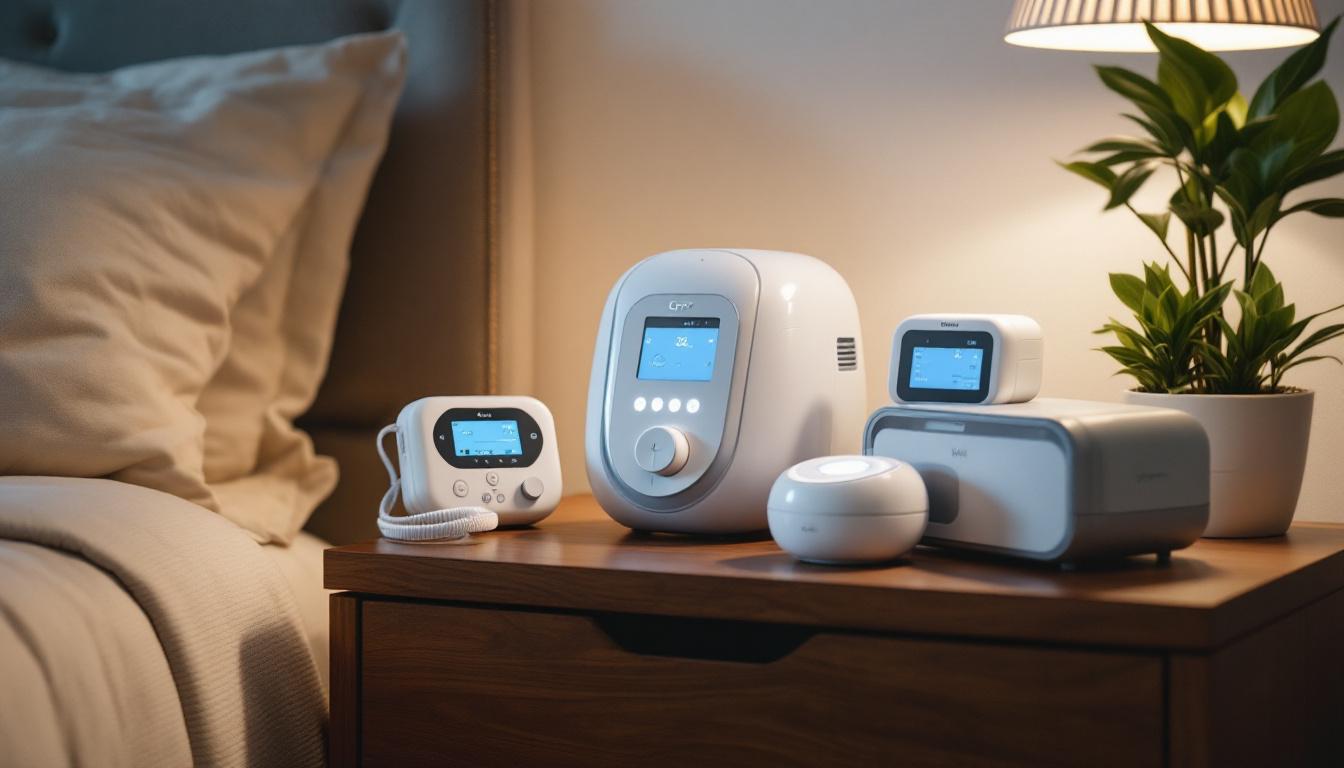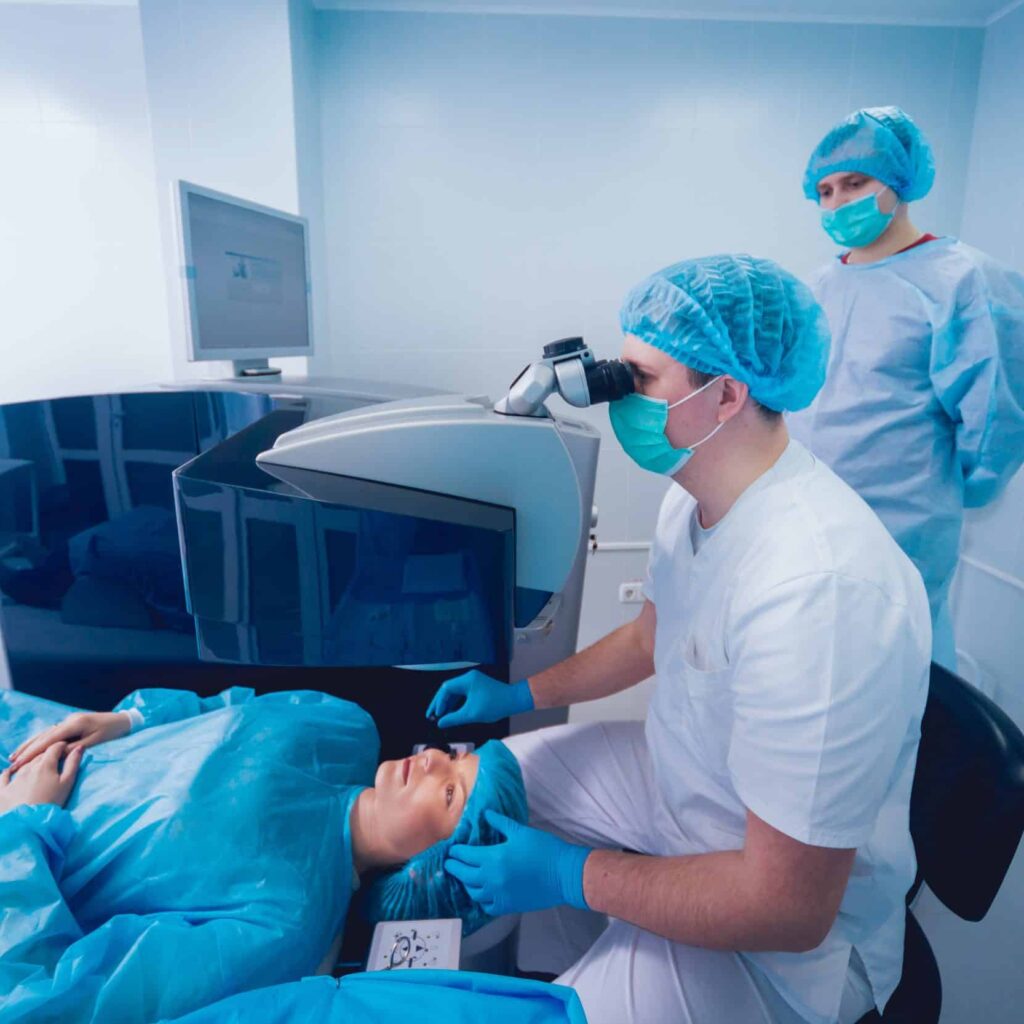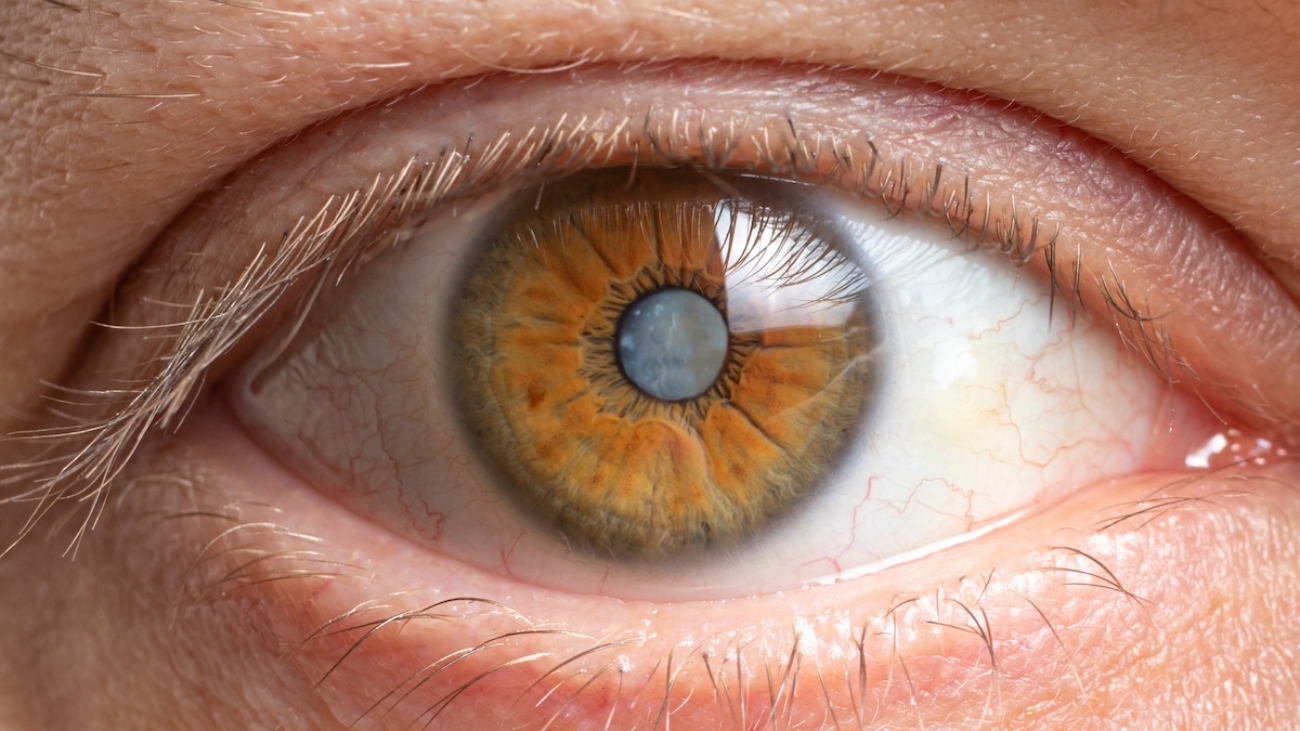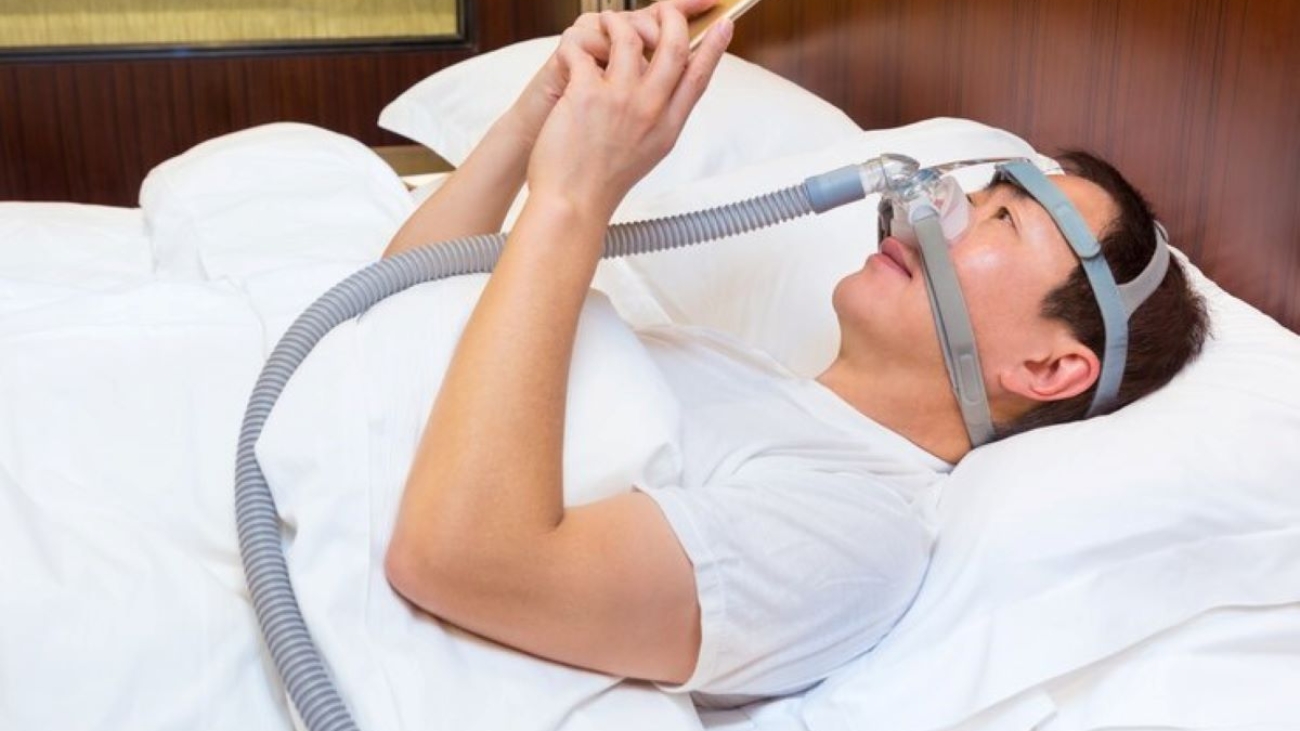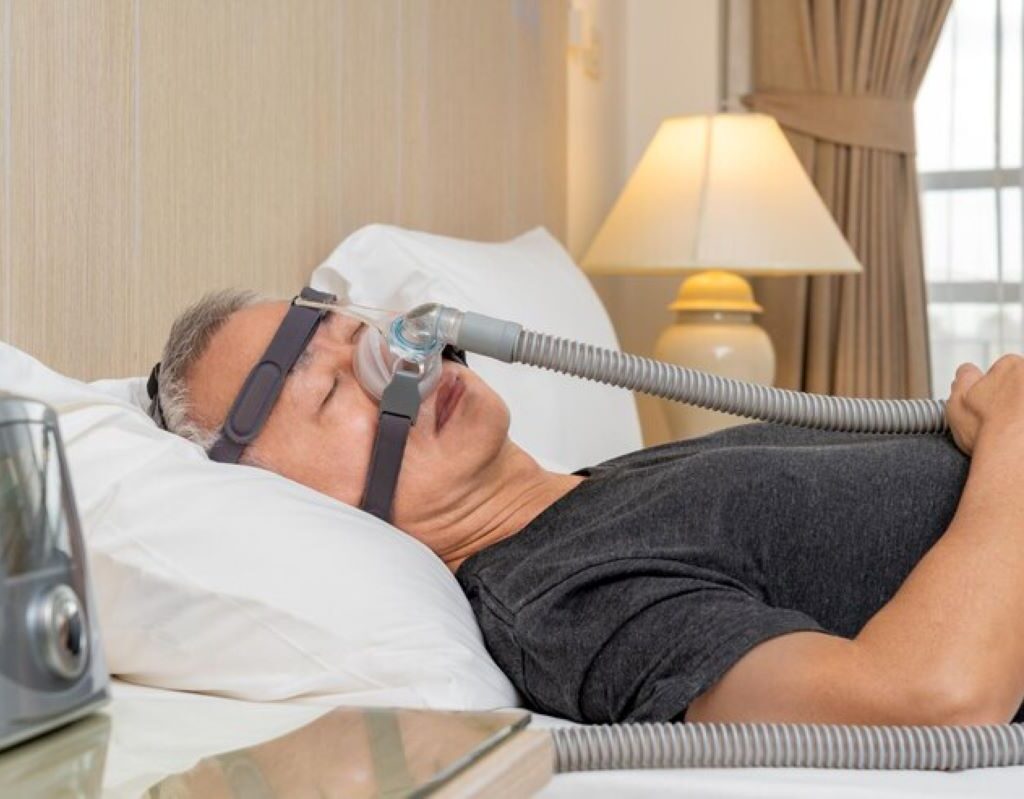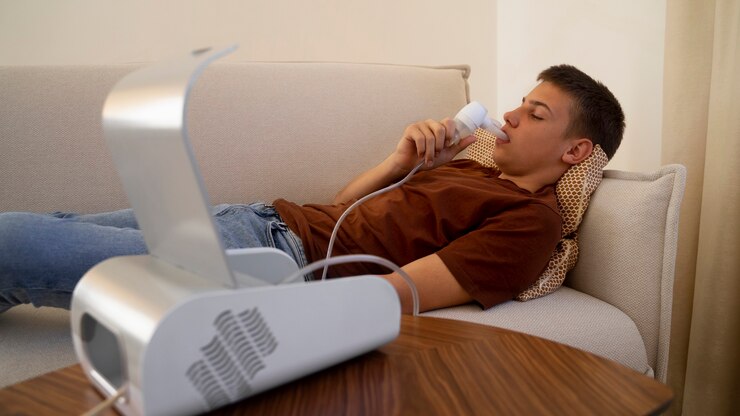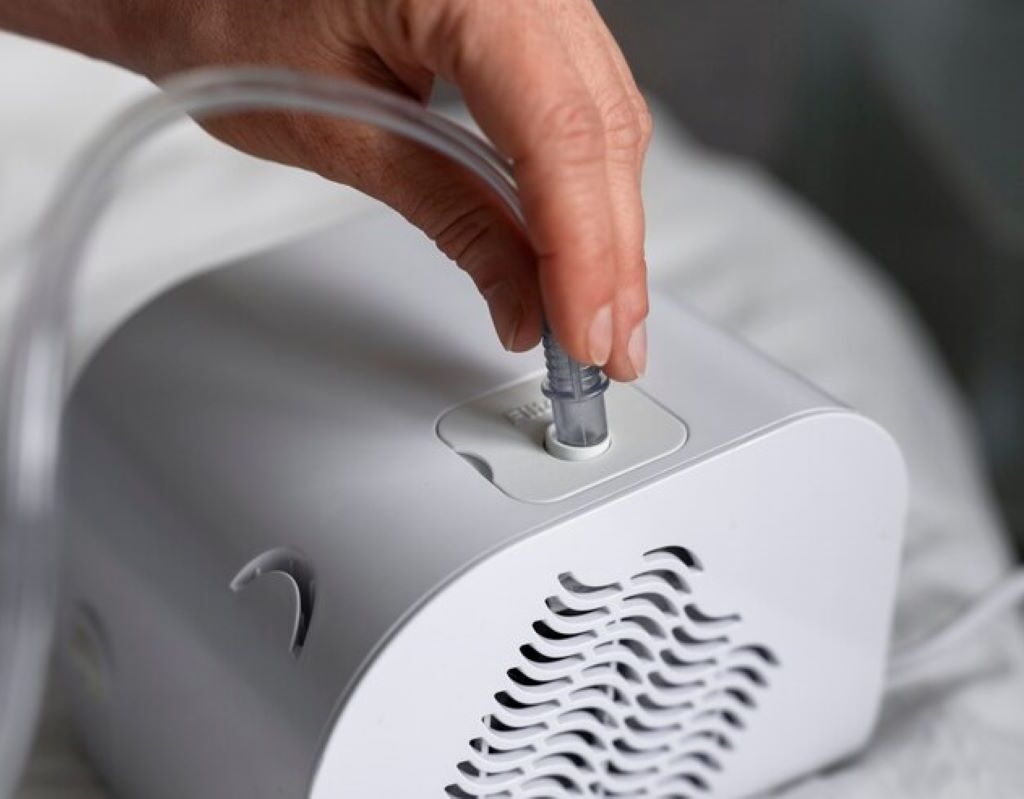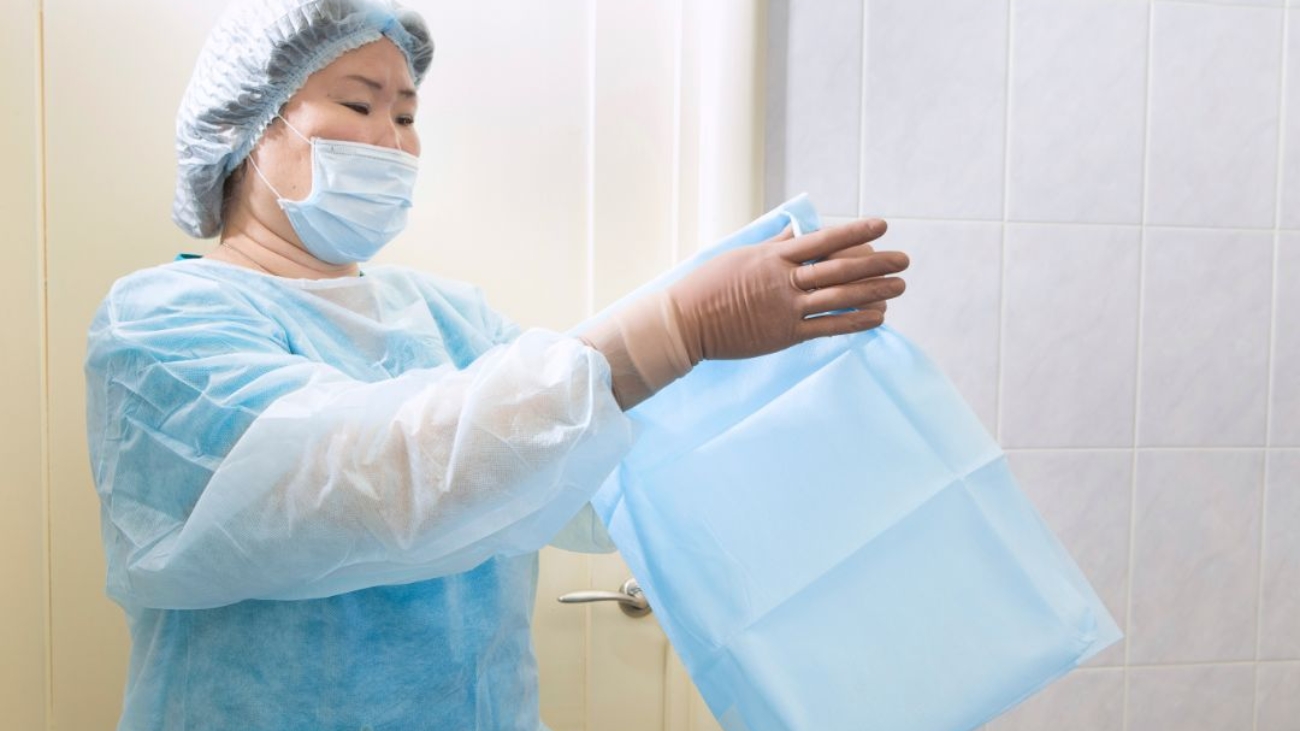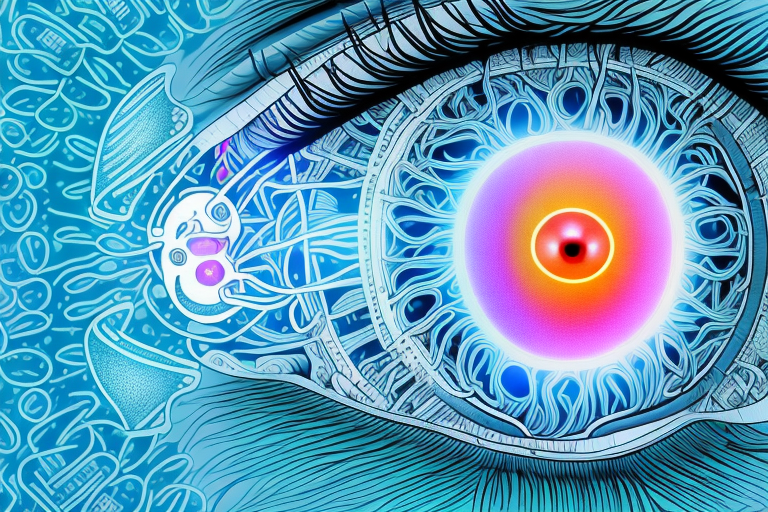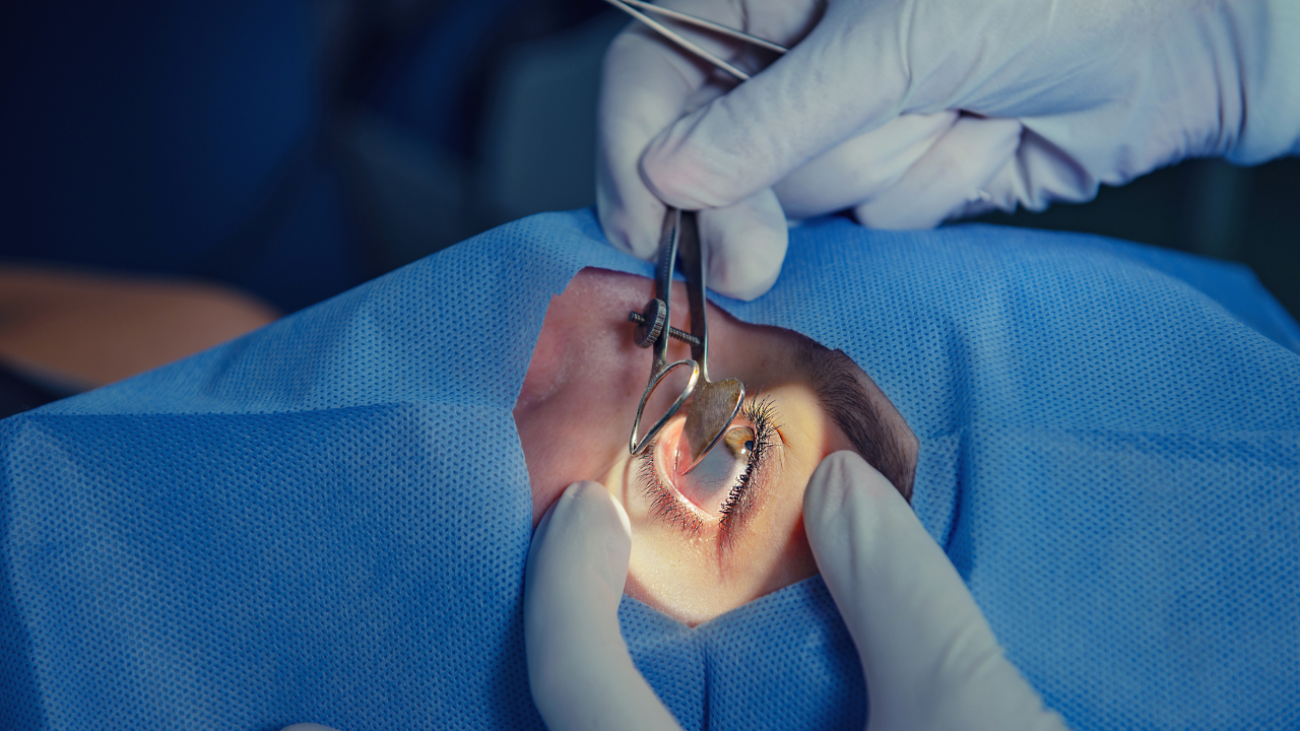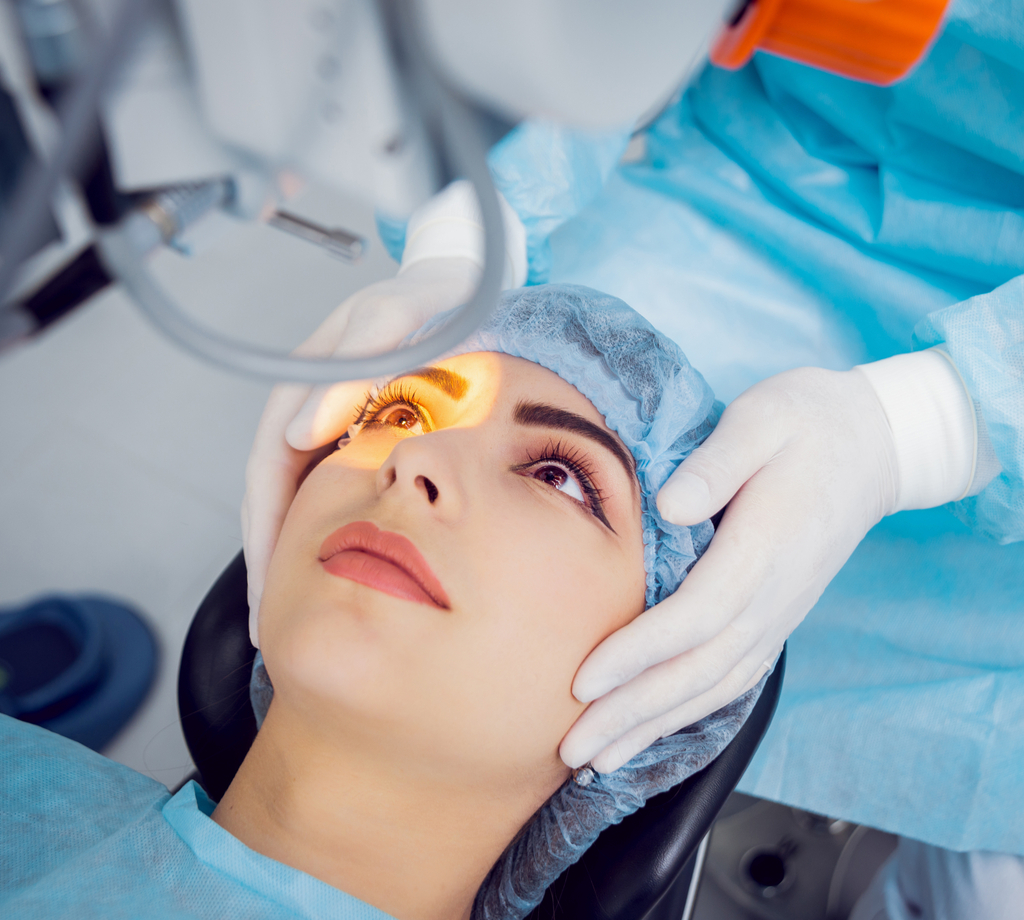The field of retinal treatments has witnessed significant advancements in recent years, revolutionizing the way we approach eye care and enhancing the quality of life for those affected by retinal diseases and disorders. With a deep understanding of retinal diseases and the development of innovative treatment techniques, ophthalmologists and researchers are making remarkable progress in restoring vision and improving daily functioning for patients.
Understanding Retinal Diseases and Disorders
The first step towards effective treatment is gaining a comprehensive understanding of retinal diseases and disorders. The retina, a delicate layer of tissue at the back of the eye, plays a crucial role in vision by capturing light and converting it into signals that the brain interprets. When the retina is affected by diseases such as age-related macular degeneration (AMD) or diabetic retinopathy, vision can be severely compromised.
Retinal diseases and disorders can have a profound impact on an individual’s vision. The consequences can vary depending on the specific condition. In some cases, individuals may experience a loss of central vision, which hampers their ability to see fine detail and perform tasks such as reading or recognizing faces. This can greatly affect their quality of life and independence.
Peripheral vision can also be affected by retinal diseases. Individuals may experience challenges in detecting objects or movements in their side vision. This can make navigating through crowded spaces or participating in sports activities more difficult.
In addition to central and peripheral vision loss, some retinal diseases can cause distortions and visual hallucinations. For example, individuals with macular degeneration may experience a phenomenon called metamorphopsia, where straight lines appear wavy or distorted. This can make it challenging to perceive the world accurately and can lead to difficulties in activities such as driving or reading.
Common Retinal Diseases and Their Symptoms
Retinal diseases encompass a range of conditions, each with its own set of symptoms. Age-related macular degeneration (AMD) is one of the most common retinal diseases, especially among older adults. It is characterized by the deterioration of the macula, the central part of the retina responsible for sharp, detailed vision. Symptoms of AMD may include blurry or distorted vision, blind spots, or a loss of central vision.
Diabetic retinopathy is another prevalent retinal disease, occurring in individuals with diabetes. It is caused by damage to the blood vessels in the retina due to high blood sugar levels. Symptoms of diabetic retinopathy can include blurry vision, floaters, blind spots, or a sudden loss of vision. Regular eye exams are essential for individuals with diabetes to detect and manage this condition early.
Retinal detachment is a serious condition where the retina separates from the underlying tissue. This can cause a sudden loss of vision or the appearance of floaters and flashes of light. Immediate medical attention is necessary to prevent permanent vision loss.
Retinitis pigmentosa is a group of inherited retinal diseases that cause the gradual degeneration of the retina’s light-sensitive cells. Symptoms typically start with difficulty seeing in low light conditions and progress to tunnel vision or complete blindness over time.
Early diagnosis and prompt treatment are crucial in minimizing vision loss and preserving visual function. Regular eye exams, especially for individuals at higher risk of retinal diseases, can help detect any abnormalities early on and allow for timely intervention.
The Evolution of Retinal Treatments
Traditionally, retinal treatments focused on managing symptoms and slowing the progression of retinal diseases. These methods often involved medications, laser therapy, or surgical interventions. While they provided some benefits, the need for more targeted and efficient treatments led to a shift towards innovative approaches.
Traditional Methods of Retinal Treatment
Medications, such as anti-vascular endothelial growth factor (anti-VEGF) drugs, have demonstrated efficacy in controlling abnormal blood vessel growth and reducing inflammation in the retina. These drugs work by blocking the action of VEGF, a protein that promotes the growth of abnormal blood vessels in the eye. By inhibiting VEGF, these medications help to prevent further damage to the retina and preserve vision.
Laser photocoagulation, a technique that uses laser beams to seal leaky blood vessels, was commonly used to treat conditions like diabetic retinopathy. During the procedure, the laser is directed at the abnormal blood vessels in the retina, causing them to shrink and close off. This helps to reduce the risk of bleeding and swelling in the retina, ultimately preserving vision.
Additionally, vitrectomy, a surgical procedure that involves removing the vitreous gel from the eye and replacing it with a saline solution, was employed for conditions such as retinal detachment. This procedure is often performed when the vitreous gel becomes clouded or pulls away from the retina, causing vision problems. By removing the gel and replacing it with a clear solution, vitrectomy can restore vision and prevent further complications.
These traditional treatments played a crucial role in managing retinal diseases, but they often involved frequent injections or surgeries and were not without their limitations. For example, anti-VEGF medications require regular injections into the eye, which can be uncomfortable and inconvenient for patients. Similarly, laser photocoagulation and vitrectomy are invasive procedures that carry risks of complications and require a significant recovery period.
The Shift Towards Innovative Retinal Treatments
With the rapid advancements in medical technology and our understanding of genetics, retinal treatments have entered an exciting era of innovation. Researchers and clinicians are now exploring novel therapies that aim to target the root cause of retinal diseases and reverse vision loss.
One promising approach is gene therapy, which involves delivering healthy copies of genes to the retina to replace faulty ones. By correcting genetic mutations that contribute to retinal diseases, gene therapy holds the potential to halt or even reverse vision loss. This groundbreaking treatment has already shown promising results in clinical trials for conditions such as Leber congenital amaurosis and choroideremia.
Another innovative treatment being explored is stem cell therapy. Stem cells have the remarkable ability to develop into different cell types, including retinal cells. Researchers are investigating ways to use stem cells to replace damaged or lost retinal cells, restoring vision in individuals with retinal diseases. While still in the early stages of development, stem cell therapy holds great promise for the future of retinal treatments.
In addition to gene therapy and stem cell therapy, other cutting-edge approaches are being explored, such as retinal implants and artificial intelligence-based diagnostics. Retinal implants are electronic devices that can replace the function of damaged retinal cells, allowing individuals with retinal diseases to regain some level of vision. Artificial intelligence-based diagnostics, on the other hand, use advanced algorithms to analyze retinal images and detect early signs of disease, enabling early intervention and improved treatment outcomes.
These innovative treatments hold the potential to transform the lives of millions affected by retinal diseases. As research continues and technology advances, we can expect to see even more exciting developments in the field of retinal treatments, bringing hope to those living with vision loss.
Modern Innovations in Retinal Treatments
One of the most significant advancements in retinal treatments lies in the realm of technological innovations. Surgeons now have access to cutting-edge tools and techniques that enable delicate and precise procedures, leading to improved outcomes and faster recovery times.
With the advent of modern technology, retinal surgery has witnessed remarkable progress. Surgeons are now equipped with state-of-the-art robotic-assisted systems that revolutionize the field. These robotic systems have the potential to transform the way retinal surgeries are performed, offering enhanced precision and reduced invasiveness.
Technological Advancements in Retinal Surgery
Robotic-assisted retinal surgery is a technological breakthrough that promises enhanced precision and reduced invasiveness. Robots assist surgeons in performing intricate surgeries, allowing for smaller incisions, minimal tissue damage, and improved patient comfort. This approach holds great potential for treating complex retinal conditions with improved success rates.
Imagine a surgeon sitting at a console, controlling robotic arms with utmost precision. These robotic arms are equipped with miniature surgical instruments that can navigate the delicate structures of the retina with unparalleled accuracy. With the assistance of these robots, surgeons can perform complex procedures with greater ease and confidence.
Furthermore, the robotic systems used in retinal surgery are equipped with advanced imaging technologies. These imaging technologies provide real-time, high-resolution images of the retina, allowing surgeons to visualize the intricate details of the affected area. This invaluable visual feedback enables surgeons to make informed decisions and perform precise interventions.
The Role of Gene Therapy in Retinal Treatment
Gene therapy is another area of innovation proving to be a game-changer in the treatment of retinal diseases caused by specific genetic mutations. By introducing healthy copies of malfunctioning genes into the retina, gene therapy aims to restore proper functioning of retinal cells and preserve vision. Although still in the early stages, gene therapy has shown promising results in clinical trials for conditions such as Leber congenital amaurosis.
The concept of gene therapy is truly remarkable. Scientists are working tirelessly to develop techniques that can deliver therapeutic genes to the retina effectively. One approach involves using harmless viruses as carriers, or vectors, to deliver the healthy genes to the targeted retinal cells. These vectors act as molecular shuttles, ensuring that the therapeutic genes reach their intended destination and integrate into the retinal cells.
Gene therapy holds immense potential for individuals with inherited retinal diseases. It offers the possibility of not only halting the progression of vision loss but also restoring vision to those who have already experienced significant visual impairment. The ongoing research and clinical trials in the field of gene therapy bring hope to countless individuals and their families.
While gene therapy is still in its early stages, it is a field that is rapidly evolving. Scientists and researchers are continuously exploring new strategies and refining existing techniques to maximize the therapeutic benefits of gene therapy for retinal diseases. The potential of this innovative approach is immense, and it has the potential to revolutionize the treatment landscape for retinal conditions.
The Future of Retinal Treatments
As we continue to explore and harness the potential of innovative retinal treatments, the future looks bright for patients with retinal diseases. Ongoing research and clinical trials are paving the way for even more groundbreaking techniques and therapies.
Predicted Developments in Retinal Treatment Techniques
Experts predict a continuous refinement of current treatments, with a particular focus on making them less invasive and more precise. Imaging technologies, such as optical coherence tomography, are also expected to advance, allowing for improved diagnosis and monitoring of retinal diseases.
The Potential of Artificial Intelligence in Retinal Treatments
Artificial intelligence (AI) holds immense potential in the field of retinal treatments. Machine learning algorithms can analyze large amounts of retinal imaging data to detect early signs of disease or predict disease progression. AI-powered diagnosis and decision support systems are expected to improve patient outcomes by enabling earlier interventions and more personalized treatment approaches.
The Impact of Innovative Retinal Treatments on Quality of Life
One of the most significant benefits of these innovative retinal treatments is the profound impact they have on the quality of life for individuals affected by retinal diseases. The advancements in treatments not only improve vision but also enhance daily functioning and overall well-being.
Improvements in Vision and Daily Functioning
Patients who undergo these innovative treatments often experience improvements in visual acuity, enabling them to perform tasks they had previously struggled with. The restoration of central vision, for example, allows for better reading and recognizing faces, enhancing independence and participation in daily activities.
Moreover, individuals with improved peripheral vision and reduced distortions can navigate their surroundings more confidently, reducing the risk of accidents and improving their overall safety.
Psychological Benefits of Enhanced Vision
Enhanced vision through innovative retinal treatments has a profound impact on a person’s emotional well-being. Restored vision can alleviate feelings of helplessness and frustration, enhancing self-confidence and restoring a sense of identity. It allows individuals to reconnect with the world visually, enabling them to enjoy hobbies, appreciate the beauty of their surroundings, and engage in social interactions more fully.
In conclusion, the advancements in retinal treatments have ushered in a new era of hope for those suffering from retinal diseases and disorders. With a deeper understanding of these conditions, the development of innovative techniques, and ongoing research, the future holds immense potential for further enhancing vision and improving the quality of life for millions around the world.
Innovations in Retinal Treatments: Enhancing Vision and Quality of Life
The field of retinal treatments has witnessed significant advancements in recent years, revolutionizing the way we approach eye care and enhancing the quality of life for those affected by retinal diseases and disorders. With a deep understanding of retinal diseases and the development of innovative treatment techniques, ophthalmologists and researchers are making remarkable progress in restoring vision and improving daily functioning for patients.
Understanding Retinal Diseases and Disorders
The first step towards effective treatment is gaining a comprehensive understanding of retinal diseases and disorders. The retina, a delicate layer of tissue at the back of the eye, plays a crucial role in vision by capturing light and converting it into signals that the brain interprets. When the retina is affected by diseases such as age-related macular degeneration (AMD) or diabetic retinopathy, vision can be severely compromised.
Retinal diseases and disorders can have a profound impact on an individual’s vision. The consequences can vary depending on the specific condition. In some cases, individuals may experience a loss of central vision, which hampers their ability to see fine detail and perform tasks such as reading or recognizing faces. This can greatly affect their quality of life and independence.
Peripheral vision can also be affected by retinal diseases. Individuals may experience challenges in detecting objects or movements in their side vision. This can make navigating through crowded spaces or participating in sports activities more difficult.
In addition to central and peripheral vision loss, some retinal diseases can cause distortions and visual hallucinations. For example, individuals with macular degeneration may experience a phenomenon called metamorphopsia, where straight lines appear wavy or distorted. This can make it challenging to perceive the world accurately and can lead to difficulties in activities such as driving or reading.
Common Retinal Diseases and Their Symptoms
Retinal diseases encompass a range of conditions, each with its own set of symptoms. Age-related macular degeneration (AMD) is one of the most common retinal diseases, especially among older adults. It is characterized by the deterioration of the macula, the central part of the retina responsible for sharp, detailed vision. Symptoms of AMD may include blurry or distorted vision, blind spots, or a loss of central vision.
Diabetic retinopathy is another prevalent retinal disease, occurring in individuals with diabetes. It is caused by damage to the blood vessels in the retina due to high blood sugar levels. Symptoms of diabetic retinopathy can include blurry vision, floaters, blind spots, or a sudden loss of vision. Regular eye exams are essential for individuals with diabetes to detect and manage this condition early.
Retinal detachment is a serious condition where the retina separates from the underlying tissue. This can cause a sudden loss of vision or the appearance of floaters and flashes of light. Immediate medical attention is necessary to prevent permanent vision loss.
Retinitis pigmentosa is a group of inherited retinal diseases that cause the gradual degeneration of the retina’s light-sensitive cells. Symptoms typically start with difficulty seeing in low light conditions and progress to tunnel vision or complete blindness over time.
Early diagnosis and prompt treatment are crucial in minimizing vision loss and preserving visual function. Regular eye exams, especially for individuals at higher risk of retinal diseases, can help detect any abnormalities early on and allow for timely intervention.
The Evolution of Retinal Treatments
Traditionally, retinal treatments focused on managing symptoms and slowing the progression of retinal diseases. These methods often involved medications, laser therapy, or surgical interventions. While they provided some benefits, the need for more targeted and efficient treatments led to a shift towards innovative approaches.
Traditional Methods of Retinal Treatment
Medications, such as anti-vascular endothelial growth factor (anti-VEGF) drugs, have demonstrated efficacy in controlling abnormal blood vessel growth and reducing inflammation in the retina. These drugs work by blocking the action of VEGF, a protein that promotes the growth of abnormal blood vessels in the eye. By inhibiting VEGF, these medications help to prevent further damage to the retina and preserve vision. Click here to read about What Is the Consequence of Using Expired Eye Drops?
Laser photocoagulation, a technique that uses laser beams to seal leaky blood vessels, was commonly used to treat conditions like diabetic retinopathy. During the procedure, the laser is directed at the abnormal blood vessels in the retina, causing them to shrink and close off. This helps to reduce the risk of bleeding and swelling in the retina, ultimately preserving vision.
Additionally, vitrectomy, a surgical procedure that involves removing the vitreous gel from the eye and replacing it with a saline solution, was employed for conditions such as retinal detachment. This procedure is often performed when the vitreous gel becomes clouded or pulls away from the retina, causing vision problems. By removing the gel and replacing it with a clear solution, vitrectomy can restore vision and prevent further complications.
These traditional treatments played a crucial role in managing retinal diseases, but they often involved frequent injections or surgeries and were not without their limitations. For example, anti-VEGF medications require regular injections into the eye, which can be uncomfortable and inconvenient for patients. Similarly, laser photocoagulation and vitrectomy are invasive procedures that carry risks of complications and require a significant recovery period.
The Shift Towards Innovative Retinal Treatments
With the rapid advancements in medical technology and our understanding of genetics, retinal treatments have entered an exciting era of innovation. Researchers and clinicians are now exploring novel therapies that aim to target the root cause of retinal diseases and reverse vision loss.
One promising approach is gene therapy, which involves delivering healthy copies of genes to the retina to replace faulty ones. By correcting genetic mutations that contribute to retinal diseases, gene therapy holds the potential to halt or even reverse vision loss. This groundbreaking treatment has already shown promising results in clinical trials for conditions such as Leber congenital amaurosis and choroideremia.
Another innovative treatment being explored is stem cell therapy. Stem cells have the remarkable ability to develop into different cell types, including retinal cells. Researchers are investigating ways to use stem cells to replace damaged or lost retinal cells, restoring vision in individuals with retinal diseases. While still in the early stages of development, stem cell therapy holds great promise for the future of retinal treatments.
In addition to gene therapy and stem cell therapy, other cutting-edge approaches are being explored, such as retinal implants and artificial intelligence-based diagnostics. Retinal implants are electronic devices that can replace the function of damaged retinal cells, allowing individuals with retinal diseases to regain some level of vision. Artificial intelligence-based diagnostics, on the other hand, use advanced algorithms to analyze retinal images and detect early signs of disease, enabling early intervention and improved treatment outcomes.
These innovative treatments hold the potential to transform the lives of millions affected by retinal diseases. As research continues and technology advances, we can expect to see even more exciting developments in the field of retinal treatments, bringing hope to those living with vision loss.
Modern Innovations in Retinal Treatments
One of the most significant advancements in retinal treatments lies in the realm of technological innovations. Surgeons now have access to cutting-edge tools and techniques that enable delicate and precise procedures, leading to improved outcomes and faster recovery times.
With the advent of modern technology, retinal surgery has witnessed remarkable progress. Surgeons are now equipped with state-of-the-art robotic-assisted systems that revolutionize the field. These robotic systems have the potential to transform the way retinal surgeries are performed, offering enhanced precision and reduced invasiveness.
Technological Advancements in Retinal Surgery
Robotic-assisted retinal surgery is a technological breakthrough that promises enhanced precision and reduced invasiveness. Robots assist surgeons in performing intricate surgeries, allowing for smaller incisions, minimal tissue damage, and improved patient comfort. This approach holds great potential for treating complex retinal conditions with improved success rates.
Imagine a surgeon sitting at a console, controlling robotic arms with utmost precision. These robotic arms are equipped with miniature surgical instruments that can navigate the delicate structures of the retina with unparalleled accuracy. With the assistance of these robots, surgeons can perform complex procedures with greater ease and confidence.
Furthermore, the robotic systems used in retinal surgery are equipped with advanced imaging technologies. These imaging technologies provide real-time, high-resolution images of the retina, allowing surgeons to visualize the intricate details of the affected area. This invaluable visual feedback enables surgeons to make informed decisions and perform precise interventions.
The Role of Gene Therapy in Retinal Treatment
Gene therapy is another area of innovation proving to be a game-changer in the treatment of retinal diseases caused by specific genetic mutations. By introducing healthy copies of malfunctioning genes into the retina, gene therapy aims to restore proper functioning of retinal cells and preserve vision. Although still in the early stages, gene therapy has shown promising results in clinical trials for conditions such as Leber congenital amaurosis.
The concept of gene therapy is truly remarkable. Scientists are working tirelessly to develop techniques that can deliver therapeutic genes to the retina effectively. One approach involves using harmless viruses as carriers, or vectors, to deliver the healthy genes to the targeted retinal cells. These vectors act as molecular shuttles, ensuring that the therapeutic genes reach their intended destination and integrate into the retinal cells.
Gene therapy holds immense potential for individuals with inherited retinal diseases. It offers the possibility of not only halting the progression of vision loss but also restoring vision to those who have already experienced significant visual impairment. The ongoing research and clinical trials in the field of gene therapy bring hope to countless individuals and their families.
While gene therapy is still in its early stages, it is a field that is rapidly evolving. Scientists and researchers are continuously exploring new strategies and refining existing techniques to maximize the therapeutic benefits of gene therapy for retinal diseases. The potential of this innovative approach is immense, and it has the potential to revolutionize the treatment landscape for retinal conditions.
The Future of Retinal Treatments
As we continue to explore and harness the potential of innovative retinal treatments, the future looks bright for patients with retinal diseases. Ongoing research and clinical trials are paving the way for even more groundbreaking techniques and therapies.
Predicted Developments in Retinal Treatment Techniques
Experts predict a continuous refinement of current treatments, with a particular focus on making them less invasive and more precise. Imaging technologies, such as optical coherence tomography, are also expected to advance, allowing for improved diagnosis and monitoring of retinal diseases.
The Potential of Artificial Intelligence in Retinal Treatments
Artificial intelligence (AI) holds immense potential in the field of retinal treatments. Machine learning algorithms can analyze large amounts of retinal imaging data to detect early signs of disease or predict disease progression. AI-powered diagnosis and decision support systems are expected to improve patient outcomes by enabling earlier interventions and more personalized treatment approaches.
The Impact of Innovative Retinal Treatments on Quality of Life
One of the most significant benefits of these innovative retinal treatments is the profound impact they have on the quality of life for individuals affected by retinal diseases. The advancements in treatments not only improve vision but also enhance daily functioning and overall well-being. You can also read about eye Treatment and management by visiting https://www.aihw.gov.au/reports/eye-health/eye-health/contents/treatment-and-management
Improvements in Vision and Daily Functioning
Patients who undergo these innovative treatments often experience improvements in visual acuity, enabling them to perform tasks they had previously struggled with. The restoration of central vision, for example, allows for better reading and recognizing faces, enhancing independence and participation in daily activities.
Moreover, individuals with improved peripheral vision and reduced distortions can navigate their surroundings more confidently, reducing the risk of accidents and improving their overall safety.
Psychological Benefits of Enhanced Vision
Enhanced vision through innovative retinal treatments has a profound impact on a person’s emotional well-being. Restored vision can alleviate feelings of helplessness and frustration, enhancing self-confidence and restoring a sense of identity. It allows individuals to reconnect with the world visually, enabling them to enjoy hobbies, appreciate the beauty of their surroundings, and engage in social interactions more fully.
In conclusion, the advancements in retinal treatments have ushered in a new era of hope for those suffering from retinal diseases and disorders. With a deeper understanding of these conditions, the development of innovative techniques, and ongoing research, the future holds immense potential for further enhancing vision and improving the quality of life for millions around the world.
